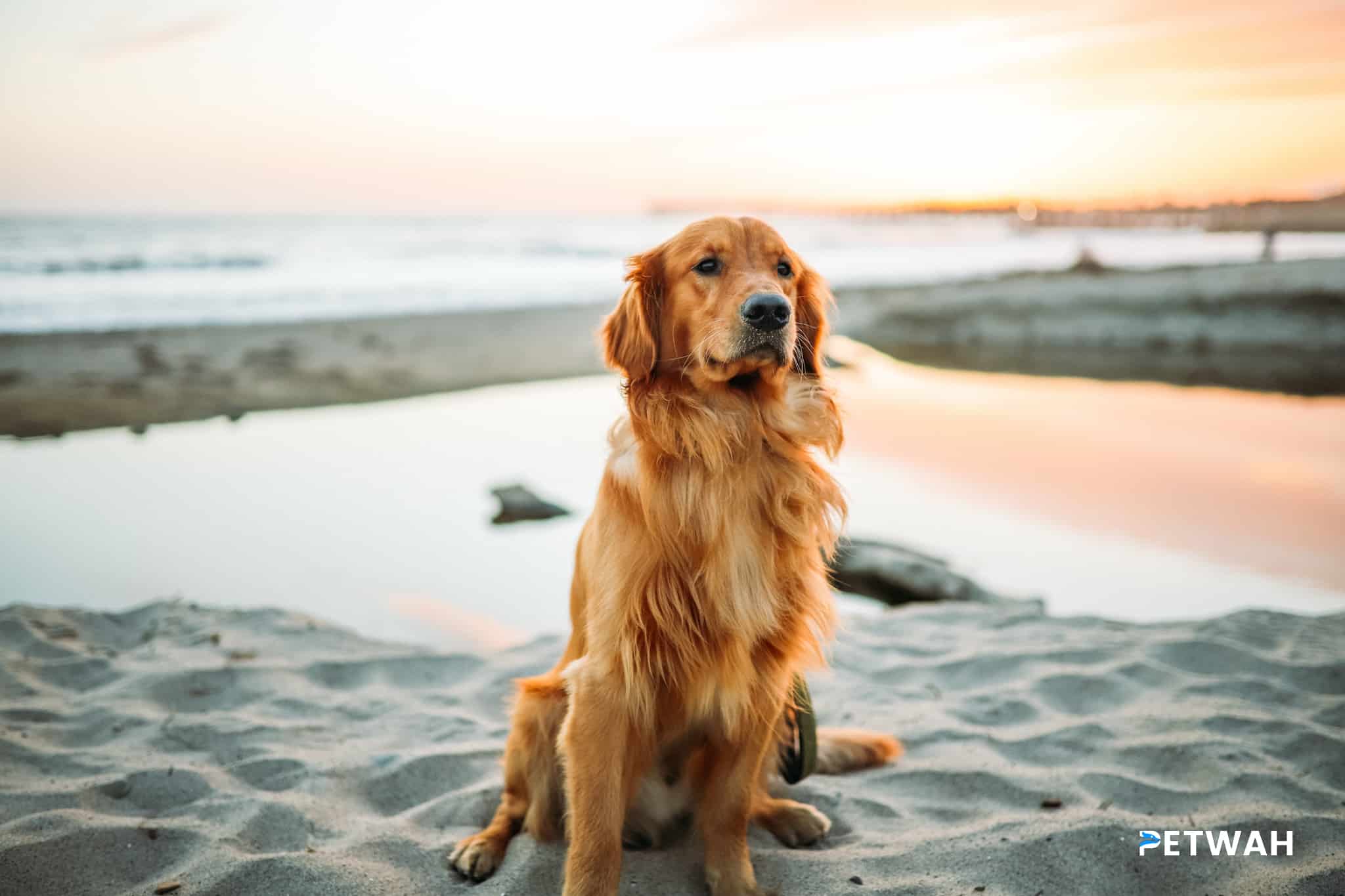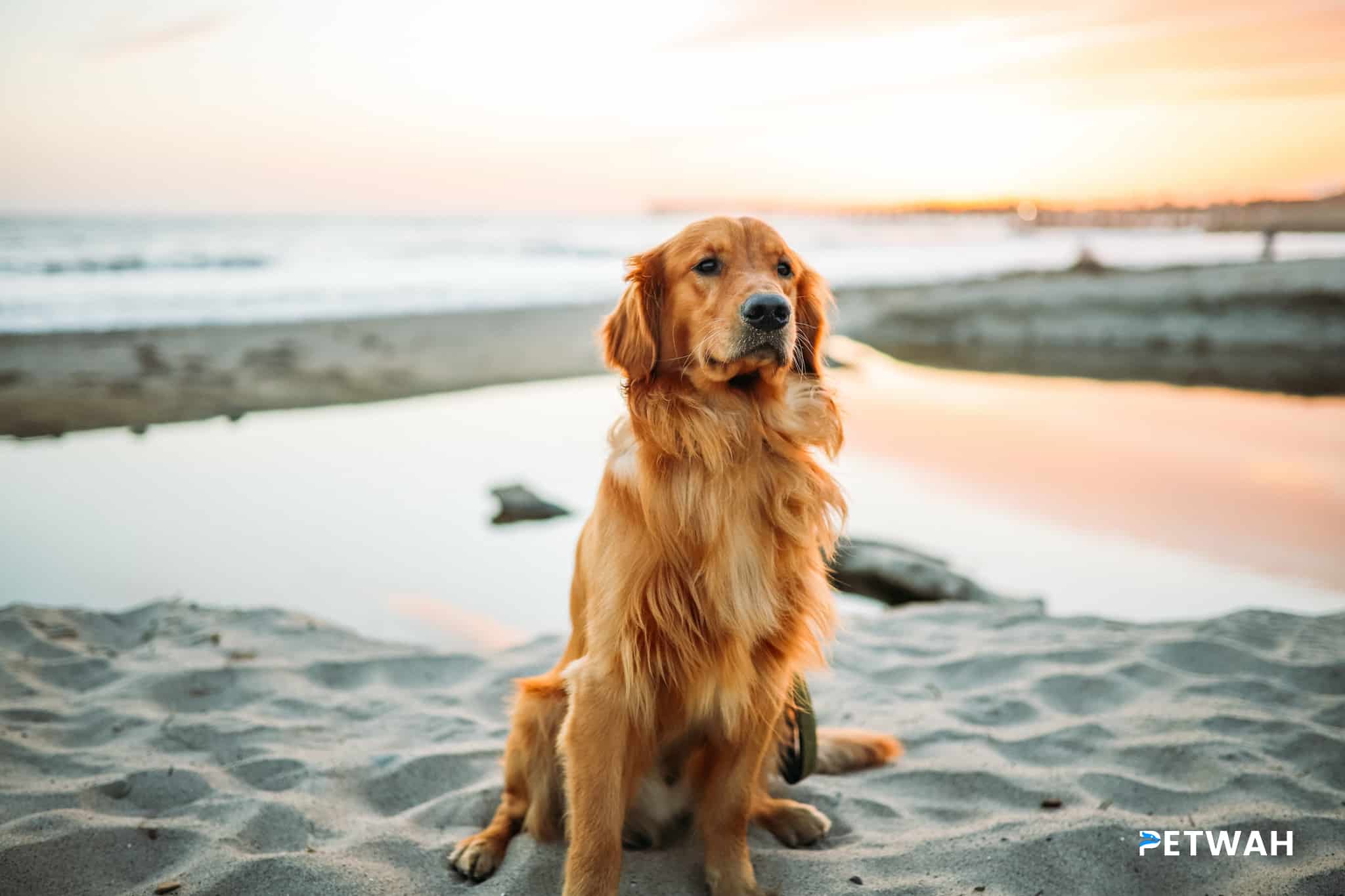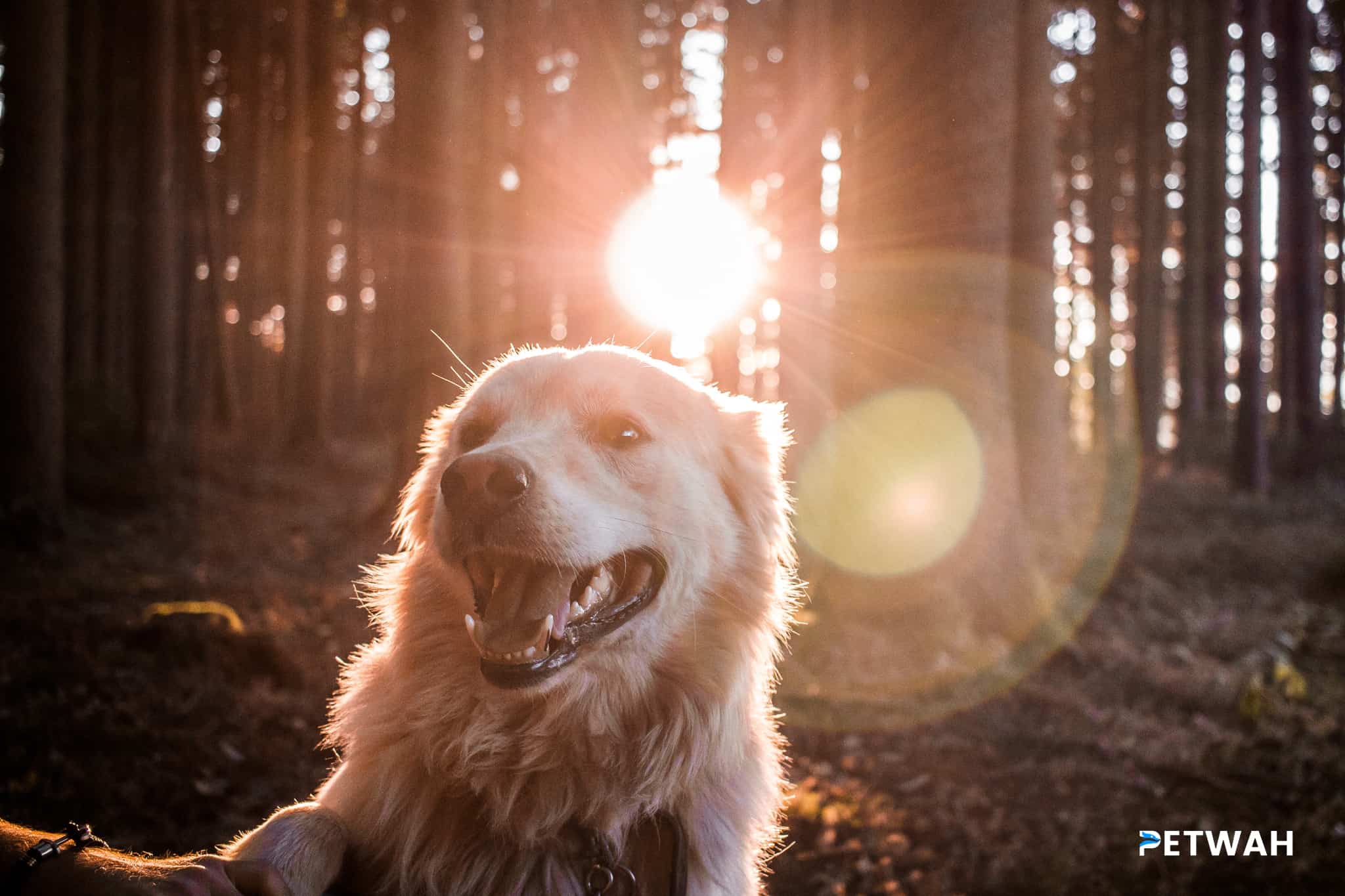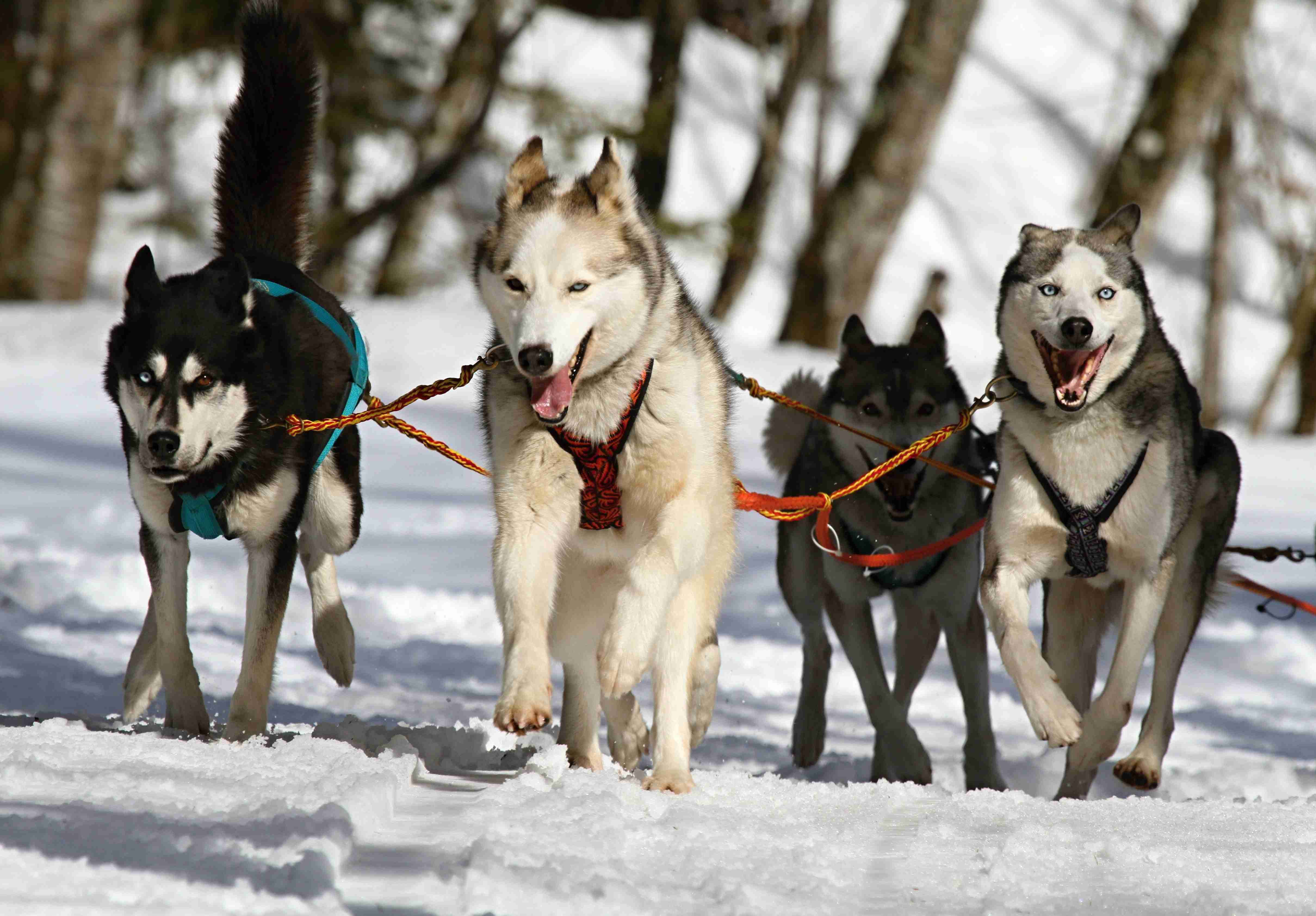Separation anxiety is a common behavioral issue that many dog owners face, particularly with Golden Retriever puppies. These adorable and affectionate puppies can become extremely anxious and distraught when left alone, which can lead to destructive behaviors and excessive vocalization. Understanding the signs of separation anxiety in Golden Retriever puppies is crucial for identifying and addressing this issue. In this article, we will explore the various signs that indicate separation anxiety in Golden Retriever puppies, providing you with the knowledge to help your furry friend cope with this condition.
Signs of Separation Anxiety in Golden Retriever Puppies
1. Destructive Behavior:
Golden Retriever puppies with separation anxiety may chew on furniture, shoes, and anything within their reach when left alone. This destructive behavior is often an outlet for their anxiety and a way to seek comfort.

2. Excessive Vocalization:
If your Golden Retriever puppy barks, howls, or whines excessively when left alone, it may be a sign of separation anxiety. These vocalizations serve as an attempt to communicate their distress and seek attention.
3. Potty Accidents:
Another sign of separation anxiety in Golden Retriever puppies is having potty accidents indoors. The stress and anxiety they experience can lead to an inability to control their bladder or bowels, resulting in accidents when left alone.
4. Clinginess:
Golden Retriever puppies with separation anxiety may exhibit extreme clinginess towards their owners. They may follow you around the house, constantly seeking physical contact and reassurance.
5. Escape Attempts:
In some cases, Golden Retriever puppies with separation anxiety may try to escape from their confinement areas or the house itself. They may scratch doors, dig under fences, or try to break free from their crates in an attempt to reunite with their owners.
As a responsible pet owner, it is essential to address the separation anxiety your Golden Retriever puppy is experiencing. With early intervention and training, you can help alleviate their anxiety and provide them with the comfort they need when left alone. Here are a few tips to help your furry friend:
Tips to Help Golden Retriever Puppies with Separation Anxiety
1. Gradual Desensitization:
Gradually expose your Golden Retriever puppy to being alone, starting with short periods and slowly increasing the duration. This technique, known as gradual desensitization, helps them become more comfortable with being alone over time.
2. Provide Interactive Toys:
Engage your Golden Retriever puppy with interactive toys, such as treat-dispensing puzzles or food-stuffed toys, before leaving. These toys can keep them mentally stimulated and provide a distraction from their anxiety.
3. Establish a Routine:
Create a consistent daily routine for your Golden Retriever puppy. Having a predictable schedule for feeding, exercise, and alone time can help reduce their anxiety as they know what to expect.
4. Positive Reinforcement Training:
Use positive reinforcement techniques, such as treats and praise, to reward your Golden Retriever puppy for calm and relaxed behavior when left alone. Associating positive experiences with alone time can help them feel more secure.
5. Seek Professional Help:
If your Golden Retriever puppy’s separation anxiety persists or worsens despite your efforts, it is advisable to seek professional help from a veterinarian or a certified dog trainer. They can provide specialized guidance and develop a tailored plan for your puppy’s needs.
FAQs about Separation Anxiety in Golden Retriever Puppies
1. Can separation anxiety in Golden Retriever puppies be prevented?
While there is no foolproof method to prevent separation anxiety, early socialization, crate training, and teaching independence can help reduce the chances of developing this condition.
2. Can separation anxiety in Golden Retriever puppies be cured?
With appropriate training and management techniques, separation anxiety in Golden Retriever puppies can be effectively managed and significantly improved. However, complete cure may not always be possible in severe cases.
3. Should I punish my Golden Retriever puppy for separation anxiety behaviors?
No, punishment is not an effective solution for separation anxiety. It can worsen your puppy’s anxiety and may lead to more severe behaviors. Positive reinforcement and gentle training methods are recommended instead.
4. Are there any medications for treating separation anxiety in Golden Retriever puppies?
In severe cases, medication prescribed by a veterinarian can be used in conjunction with behavior modification techniques to help manage separation anxiety. However, medication should only be used under professional guidance.
5. Can hiring a pet sitter or enrolling in daycare help with separation anxiety in Golden Retriever puppies?
Having a pet sitter or enrolling your Golden Retriever puppy in daycare can be beneficial as it provides them with companionship and reduces the time spent alone. However, it should be combined with training to address the underlying separation anxiety.
In conclusion, recognizing the signs of separation anxiety in Golden Retriever puppies is crucial for their well-being. Through a combination of training, patience, and professional guidance, you can help your puppy overcome their anxiety and develop healthier coping mechanisms. Remember, addressing separation anxiety requires time and consistency. If you are unsure or struggling to manage your Golden Retriever puppy’s separation anxiety, consult with a professional for assistance. For more information and resources on caring for your pet, visit PetWah.com.





%20-%20Copy.jpg)
.jpg)

.jpg)